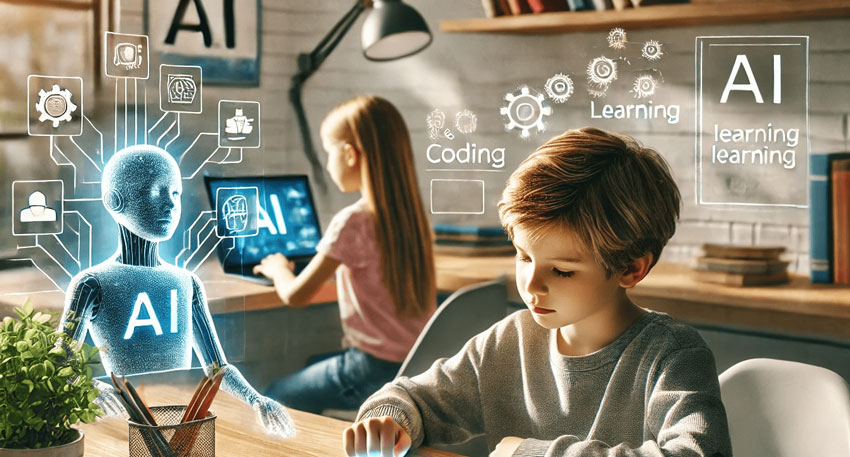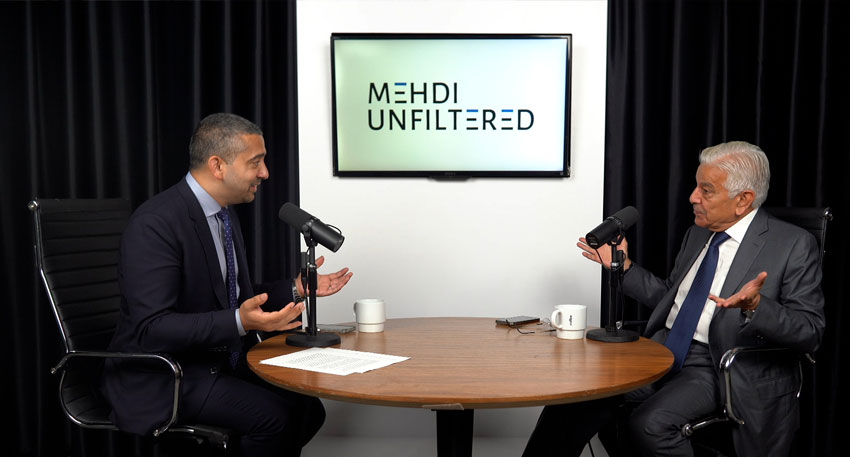
In a landmark step toward modernizing its education system, the federal government has officially greenlit a pilot project to integrate artificial intelligence (AI) into public school classrooms, starting with grade 8 students in federally administered institutions.
The initiative marks Pakistan’s first structured attempt to deploy AI-powered learning tools directly within schools, with the goal of transforming how students engage with the national curriculum. Two schools—one urban and one rural—have been selected for the pilot phase, allowing education authorities to evaluate how AI performs across different environments and socio-economic settings.
If successful, the program could be expanded to benefit up to 100,000 students across the country, federal officials said.
A Collaboration Between Public and Private Sectors
The project is being implemented through a formal partnership between the Federal Directorate of Education (FDE) and Mind Hive, a technology firm specializing in digital education solutions. Oversight and academic evaluation will be managed by the Pakistan Institute of Education (PIE), which will monitor key performance indicators such as student engagement, academic performance, and teacher integration.
What AI in Classrooms Will Look Like
Rather than replacing teachers, the AI tools will be designed to support classroom learning. These intelligent systems can adapt to individual student needs—offering remedial help to those who struggle and challenging material to those who excel.
“It s about creating a personalized learning journey,” said one education official involved in the project. “AI allows students to move at their own pace, and that kind of flexibility could be transformational, especially in large classrooms where one-on-one attention is hard to achieve.”
Interactive features, real-time feedback, and adaptive assessments are expected to form the core of the AI toolkit being introduced.
Potential for Long-Term Change
Education experts have hailed the move as a potential game-changer for Pakistan’s outdated schooling system. Many believe AI could help bridge learning gaps, improve student outcomes, and reduce drop-out rates—especially in under-resourced schools.
“This is more than a tech upgrade,” said an education analyst. “It s a fundamental shift in how learning is delivered. If implemented properly, this could bring Pakistan closer to global standards in education.”
The project is also seen as a way to build digital literacy from an early age, equipping students with skills essential for the evolving job market. As industries increasingly rely on automation and data-driven decision-making, early exposure to AI can help students adapt to future technologies and innovations.
Looking Ahead
The pilot phase will run over several months, with PIE expected to deliver a detailed review upon completion. Metrics will include academic improvement, student adaptability, teacher feedback, and the overall feasibility of scaling the program to a national level.
Should the trial succeed, federal education officials are aiming to roll out the program to dozens more schools in both urban and rural regions, gradually scaling to tens of thousands of students.
Also Read: Khawaja Asif speaks out on PTI crackdown, UN criticism, and Pakistan’s future
In a country where traditional education methods often struggle to keep pace with global advancements, this move signals Pakistan’s readiness to explore bold, tech-driven reforms—starting in the very classrooms where the future is shaped.




